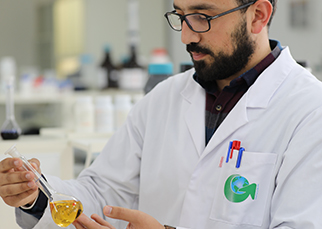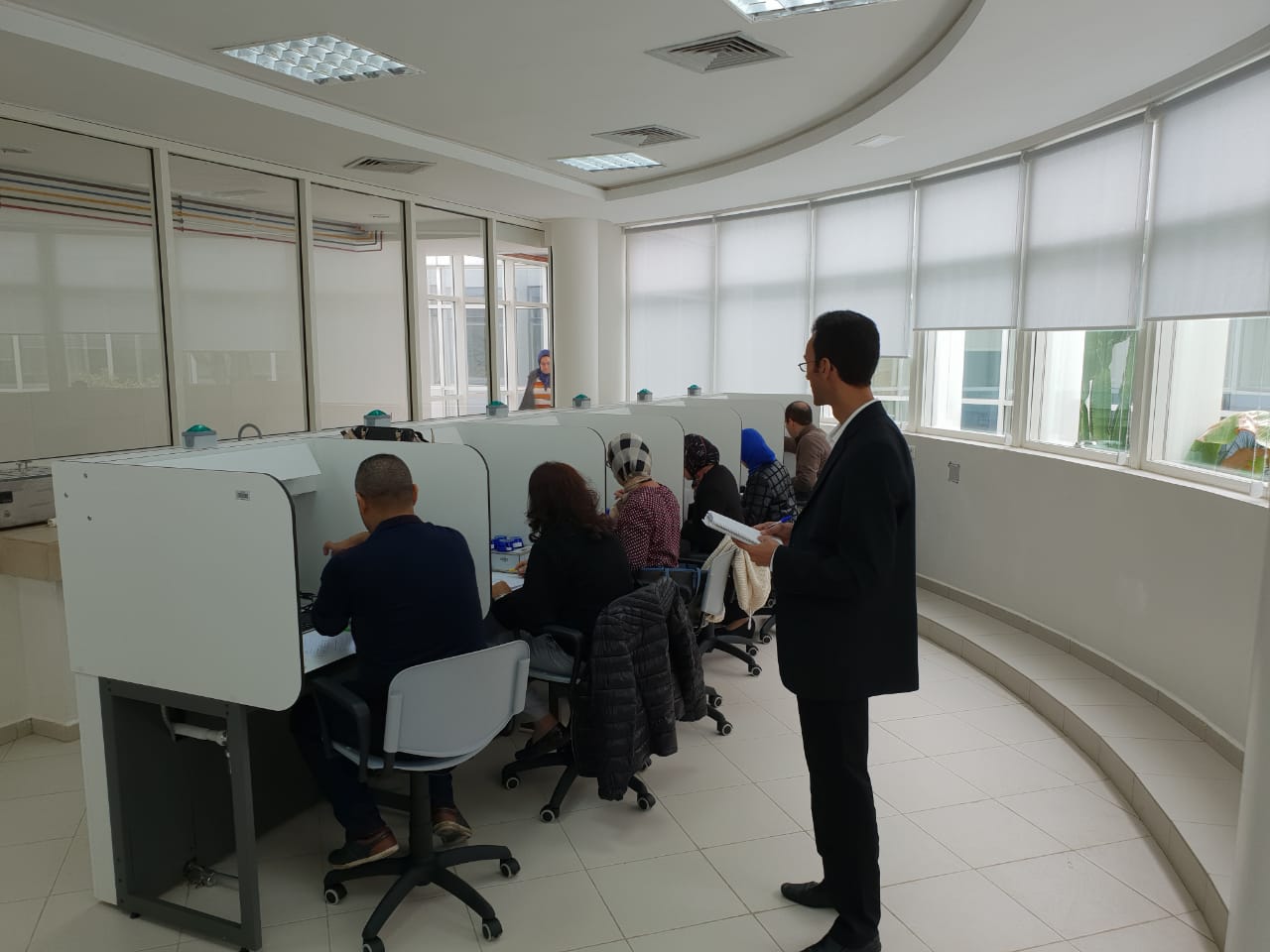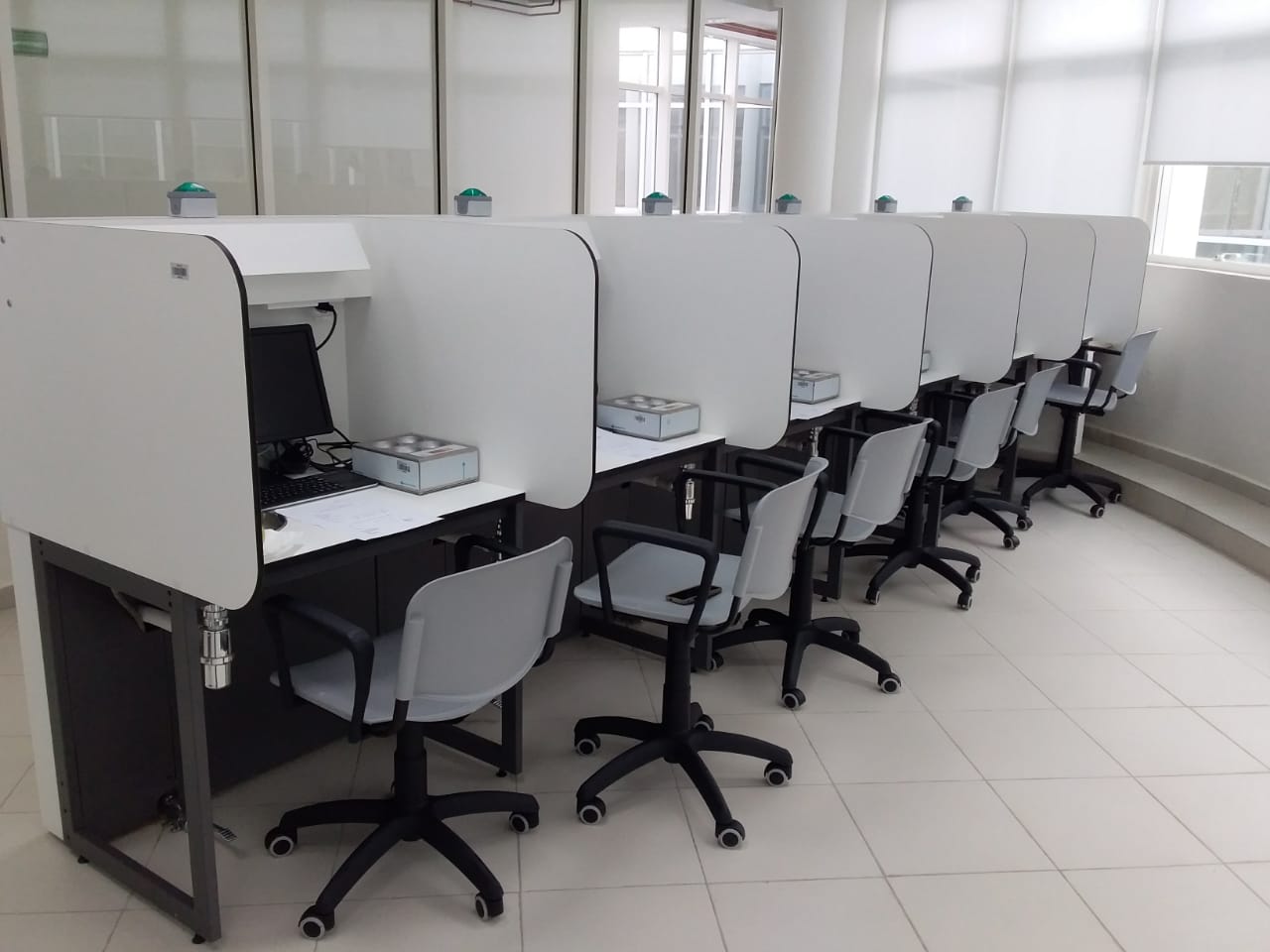Quality
& Standards
Since 2008, the olive sector has been subject to several actions aiming to improve production in terms of quality and quantity:
– The control of the organoleptic characteristics is carried out by national tasting juries approved by the International Olive Council (IOC) and belonging to the laboratories of the Morocco Foodex, the Laboratoire Officiel d’Analyse et de Recherche Scientifique (LOARC), The Institut National de la Recherche Agronomique (INRA) and the Ecole Nationale d’Agriculture (ENA) of Meknes, appointed by the Minister of Agriculture.
In 2011, the MOROCCO FOODEX panel of sensory analysis of extra virgin olive oils was officially approved by the International Olive Council (IOC). This is the first international recognition of a tasting panel in Morocco. In 2014, the MOROCCO FOODEX laboratory in Casablanca officially obtained the approval of the International Olive Oil Council (IOC) for the physico-chemical analysis of olive oils.
– The production of Moroccan olive oil is based on a thorough varietal selection and respect for the species’ physiology and climatic requirements.
To guarantee a better quality of the olive grove and an optimized yield we recommend more and more fruiting techniques resulting in tree shapes suited to mechanization within the orchards.
Thanks to the implementation of various sustainable production practices we contribute to raising the quality of Moroccan olive oil up to international standards while ensuring respect for the environment.
Our producers/exporters are approved by the US FDA (US Food and Drug Administration).
– Aligning with international standards, a decree relating to the quality and health safety of canned vegetables, including table olives, has also been drawn up.
All this is undertaken according to international standards: HACCP, IFS, BRC, HALAL and KOSHER, the commercial standard of the International Olive Council (COI / T15 / NC N ° 3), and the Codex Alimentarius standard (Codex Stan 33-1981).




 Français
Français


